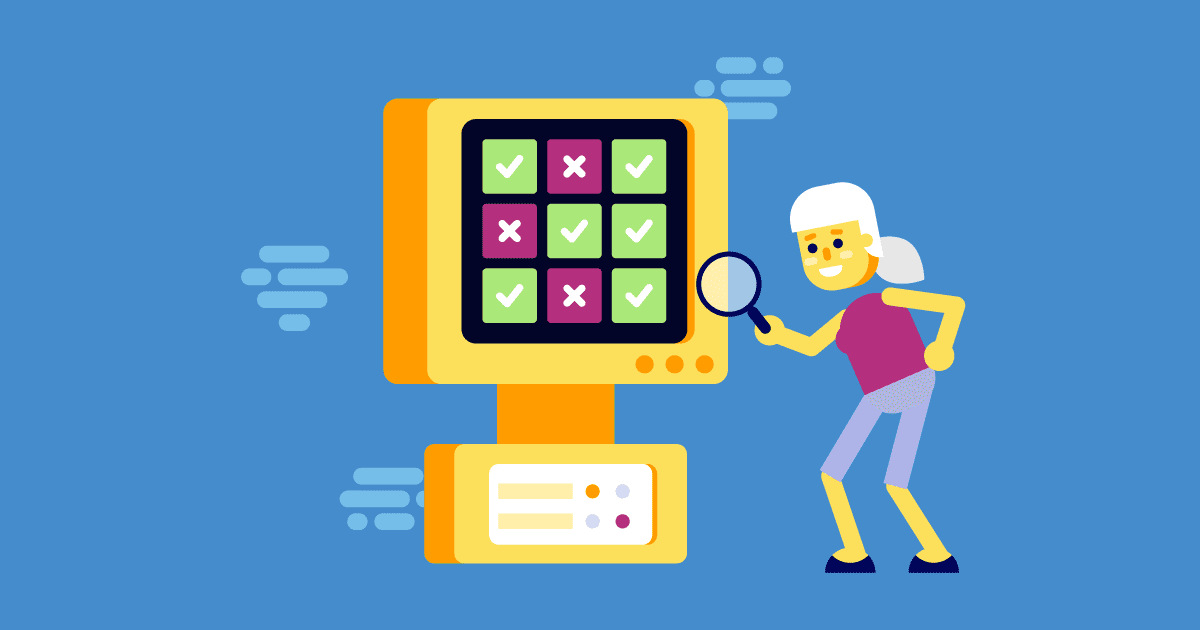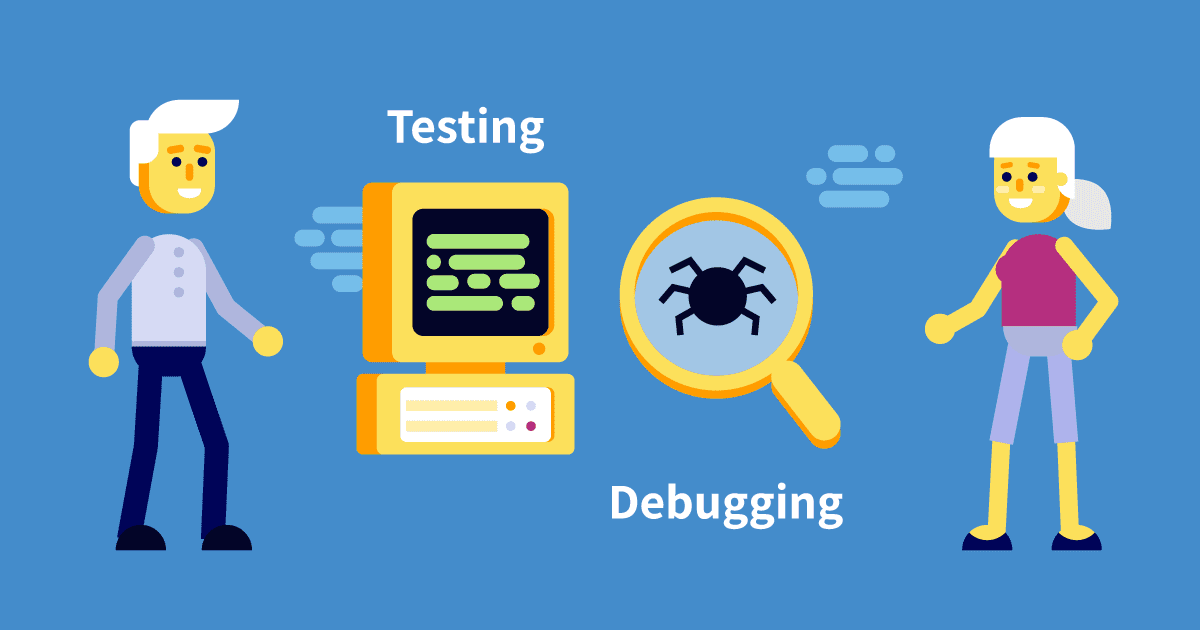
What is a Requirement Traceability Matrix?
A requirement traceability matrix (or RTM) is a document for mapping how well test coverage conforms to the product business requirements

A requirement traceability matrix (or RTM) is a document for mapping how well test coverage conforms to the product business requirements

Confirmation testing, or retesting, checks bug fixes to make sure the reported issue has been corrected and the product works as intended.

Testing vs debugging. Both are part of the software testing process, but do both words mean the same thing? Or if not, how do they differ?

What is System Testing? In software testing, it’s the first time an entire system is tested as a whole, after Unit and Integration Testing.

With today’s numerous mobile devices, responsive testing is essential to ensure a website displays and orients on a wide range of devices.

There are multiple benefits to automation testing which include relieving testers from having to perform extensive and repetitive tasks.

Quality Assurance Objectives are checks performed by QA teams during and after development to ensure the best possible product is released.

There’s no single definition of when to stop testing but there are several scenarios that can help you decide when it’s time for it to end.

Acceptance criteria and user stories work hand-in-hand to present a more detailed picture of how a new software or product should behave.

What is stress testing? It’s a form of testing for ensuring software will continue to function after facing an extreme load or high traffic.